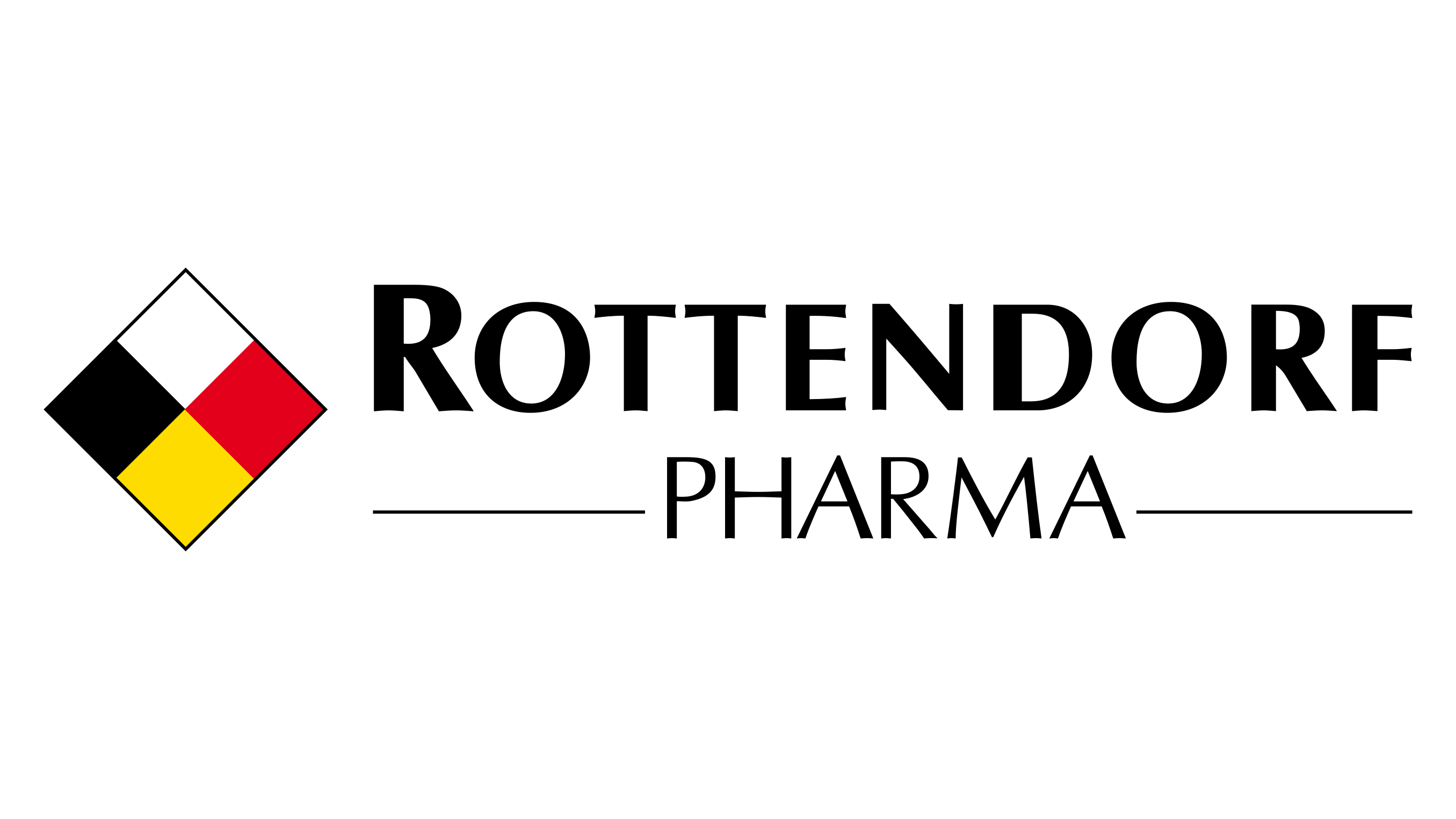“PharmaSuite MES is ideal for our application,” Groneick concludes. “For us it’s a big plus to say that our production and manufacturing is running on a validated IT system, with the whole process being guided by software. It’s on its 10th version, too, so we know there is an industry-proven pedigree; and it is approved by big pharma, with many other major global companies deploying the platform too. Add its clear and concise licensing model into the picture and we can be sure that it’s the right software for us.”

Rottendorf Pharma is a leading contract manufacturers and developers (CDMO) and has been active for more than 95 years in manufacturing, packaging and development of formulations and analytical processes for solid oral dosage forms for the international pharmaceutical industry.
- A pharmaceutical contract development and manufacturing organization recognized that a digitalized foundation was required to drive higher quality, consistency and efficiencies throughout its entire value chain.
- A Rockwell Automation solution was installed, centered around FactoryTalk PharmaSuite manufacturing execution systems (MES).
- Software-based weigh, dispense and recording
- All data handled and dispersed automatically
- Single operators used for what used to be two-operator procedures
- Highly trained operators freed up for more value-adding activities
- Faster review procedures due to the removal in in-situ paper logging and verification
- Data from weigh and dispense forms more accurate and robust digital foundation for subsequent steps
It’s highly likely that every culture has, at some time or another, used an idiom that extols the importance of a strong foundation. The reason being that it stands the test of time in virtually every aspect of life, from the buildings we live in, through the education we have, and onwards to the success we build.
In business and industry, it is just as applicable. Be it a strong team, a great idea, or a powerful platform, all of these can provide the support and springboard to grow and prosper. And nowhere is this more readily apparent than in companies that are starting, nurturing, and growing their digital transformations.
One such company that is already establishing a solid footing is Rottendorf Pharma GmbH. Based in Ennigerloh, Germany, the company is a global contract development and manufacturing organization (CDMO), formulating and fabricating a wide variety of products for a diverse global pharmaceutical customer base.
With significant expertise in solid-dosage-form production, it operates under the philosophies of Total Process Ownership (TPO) and Total Technological Mastering (TTM), both of which combine to reduce customer management resource requirements and costs and improve supply chains and product quality.
Challenge
As part of a broader ongoing self-improvement journey, the company recently made the decision to update procedures in its central weigh-and-dispense operations. The goal being to create a solid data-based foundation for all subsequent steps in its manufacturing processes.
To this end it chose to deploy the FactoryTalk® PharmaSuite® manufacturing execution system (MES) from Rockwell Automation. By introducing consistent and easily accessible weigh-and-dispense data, it has taken a major step in end-to-end electronic batch recording (EBR) across its entire pharma value chain.
“It’s not just about greater accuracy, quality, efficiency, and repeatability,” explains Arne Groneick, IT application manager at Rottendorf Pharma, “we must also consider validation. And, due to our geographically dispersed global customer base, it’s not just one form of validation. We must take into account widespread, differing, and evolving local, national and international legislation. Therefore, we needed a software platform that comes from the pharma industry. One that is validated by the supplier and is based strongly in legislation. For this reason, the rationale behind our choice of MES software platform had to be robust and all encompassing.”
Solution
FactoryTalk PharmaSuite MES has been developed specifically for the modern demands of the life sciences industry, providing role-based optimization for each lifecycle stage, and driving time to results for all users. Although driven by standardization, its flexibility, open-content architecture, and intelligent upgrade engine means it can grow and scale as its user requires, for both batch and discrete processing.
“The introduction of the MES solution is the primary foundation of our digitalization project,” Groneick explains. “The PharmaSuite platform forms the nucleus and will interact with SAP and our lab-management software. This digital core will then feed information throughout our entire production operations.”
Describing the reasoning behind the deployment, Groneick continues: “In a word, quality. We must ensure that everything that can affect quality is measured and recorded, something that was more labor intensive with our older paper-based, ‘four-eyes’ approach.”
Result
Previously, a report detailing all positions, quantities and batch details would be generated by SAP and printed out. This was then used by the operator to weigh the materials using a scale before they recorded the values from the scales and then asked a colleague to check them – the so-called ‘four-eyes approach’.
“Now we have a direct line of communication between SAP and the MES. All the batch-specific information is given to the MES, which then presents it to the operator using an HMI. The weighing is undertaken using connected scales, scanners and other hardware, and all resulting information is fed back into the MES. It’s all digital and more consistent, and only requires two eyes… or fewer in some cases.
“Single operators also mean greater efficiencies. For example, reviews can be undertaken and achieved faster because the operator does not need to go to every location where a paper record used to exist. In addition to this, our industry also relies heavily on highly trained operatives, so if we can free them up it’s a huge advantage. That said, saving money from personnel was never the target of this project. People can be relocated to areas where they add value, this is particularly important for us, as we have grown quickly, and we need our skilled workers doing what they do best.
Published May 13, 2024

